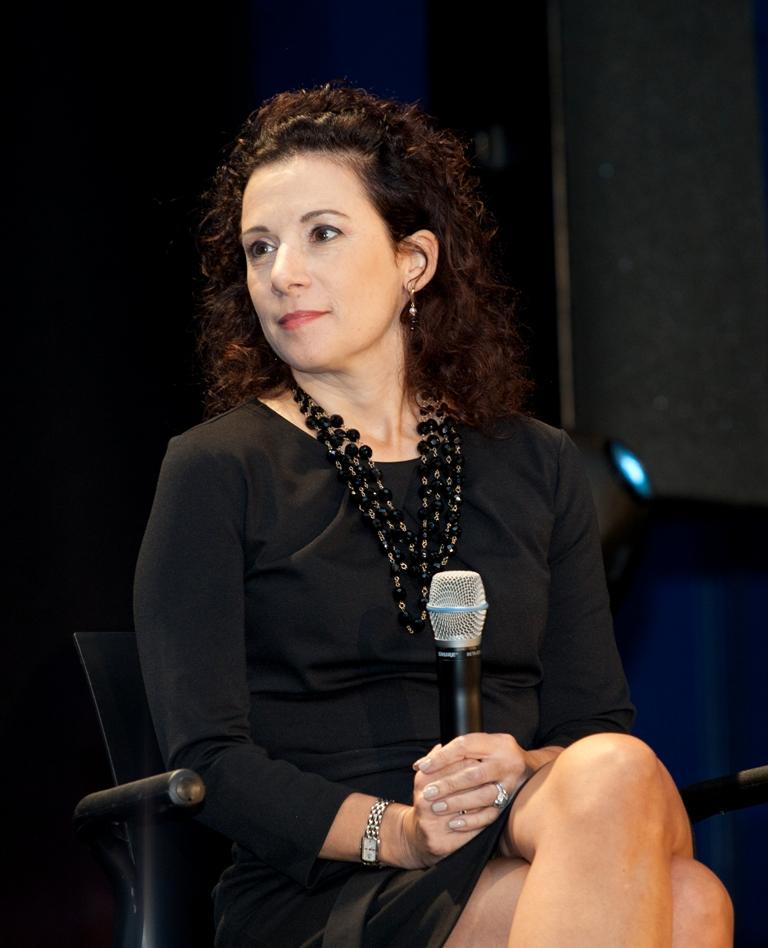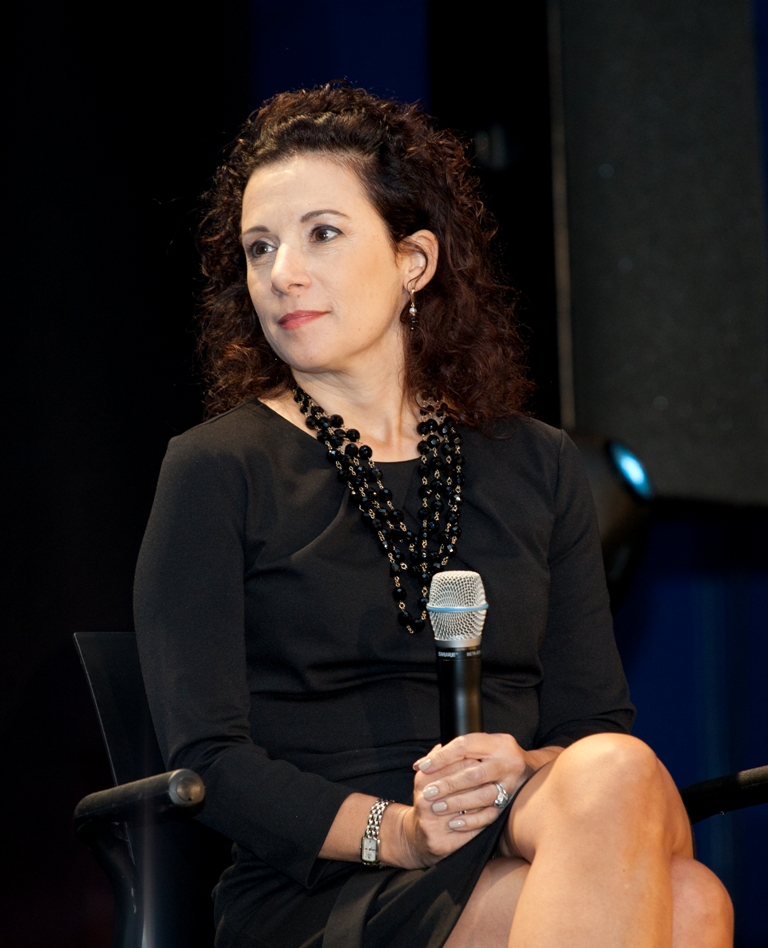ATLANTA—Media images sexualizing and dehumanizing girls aren’t just bad for girls but bad for business, said female business, NGO, and media leaders at the Womenetics Global Leadership Initiative Oct. 4 in Atlanta.
“Changing cultural perceptions of female worth and roles is necessary to bolster the number of women who lead,” stated Elisabeth Marchant, president and CEO of Womenetics, in a press release. “This initiative has a proven benefit to corporations and to the next generation of women who will launch careers and provide breakthrough innovations.”
Dr. Jean Kilbourne, an early proponent of media literacy, said images that sexualize girls and use female bodies to sell products damage society, are ubiquitous, and should be challenged.
Internet porn has influenced mainstream imagery, coarsening it in a way that would have been unimaginable a generation ago, she said. “Contempt for the feminine, a toxic cultural environment, surrounds us. … Toxic images harm our well-being just as living in an unhealthy neighborhood is bad for physical health.”







